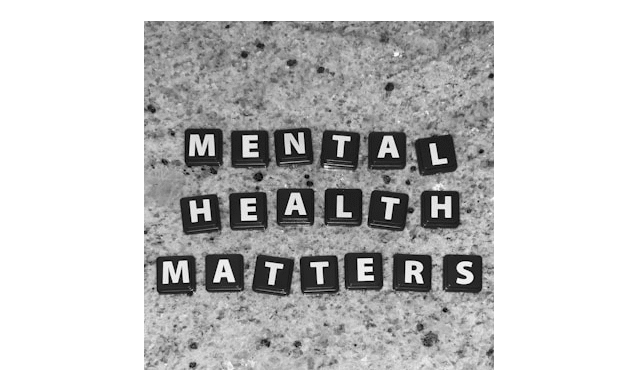Identifying Emotional Triggers and Stressors During Divorce for Fathers
Divorce is never easy—especially for fathers who are trying to balance emotional upheaval with the responsibilities of parenting, work, and personal healing. The process can feel like a whirlwind of change, uncertainty, and raw emotion. But one of the most powerful steps you can take is learning to identify your emotional triggers and stressors. Doing so gives you the clarity and control needed to respond rather than react, and to protect your mental health and relationships—especially with your children.
Here’s how to start that journey.
What Are Emotional Triggers and Stressors?
- Emotional triggers are specific situations, words, or memories that provoke intense emotional reactions—anger, sadness, guilt, or anxiety.
- Stressors are external pressures that cause mental or emotional strain, such as financial instability, custody disputes, or lack of support.
Understanding the difference helps you pinpoint what’s causing your emotional responses and how to manage them.
Common Triggers for Divorcing Fathers
- Custody and Parenting Time Disputes – Feeling powerless or unfairly treated in custody arrangements can ignite frustration and grief.
- Financial Pressure – Legal fees, child support, and adjusting to a single-income lifestyle can be overwhelming.
- Loss of Identity – Divorce can shake your sense of self—especially if your role as a husband and daily father shifts dramatically.
- Communication with Your Ex – Even simple texts or emails can trigger past resentments or escalate conflict.
- Loneliness and Isolation – Losing your partner often means losing shared social circles and routines.
Stressors That Compound the Challenge
- Legal Complexity – Navigating court systems and legal jargon adds mental strain.
- Work-Life Imbalance – Trying to stay productive at work while managing emotional turmoil can lead to burnout.
- Co-Parenting Conflicts – Disagreements over discipline, schedules, or values can be exhausting.
- Unrealistic Expectations – Pressure to “stay strong” or “move on quickly” can suppress healthy emotional processing.
Strategies to Identify and Manage Triggers
- Track Your Reactions – Keep a journal of moments when you feel emotionally overwhelmed. What happened? Who was involved? What thoughts ran through your mind?
- Use the HALT Method – Ask yourself: Am I Hungry, Angry, Lonely, or Tired? These states often amplify emotional reactions.
- Practice Mindful Awareness – When a trigger hits, pause. Breathe. Name the emotion. This helps you respond thoughtfully rather than impulsively.
- Seek Support – Talk to a therapist, join a support group, or lean on trusted friends. You don’t have to carry this alone.
- Set Boundaries – Limit interactions that consistently trigger you. Use structured communication tools like co-parenting apps to reduce friction.
Why This Matters for Your Kids
Children are incredibly perceptive. They pick up on tension, emotional instability, and conflict—even when it’s not directed at them. By identifying and managing your triggers, you model emotional intelligence and resilience. You also create a safer, more stable environment for your kids to thrive in during a difficult time.
Final Thoughts
You’re not just surviving a divorce—you’re rebuilding your life. That takes courage, self-awareness, and a willingness to grow. Identifying your emotional triggers and stressors is not a sign of weakness—it’s a sign of strength. It’s how you begin to reclaim your peace, protect your relationships, and show up as the father your children need.

